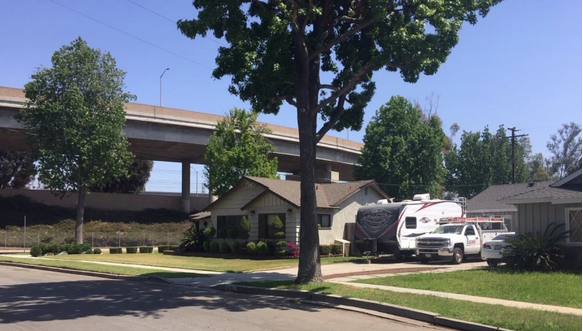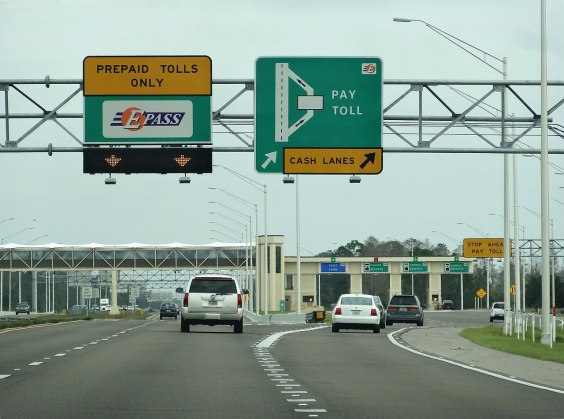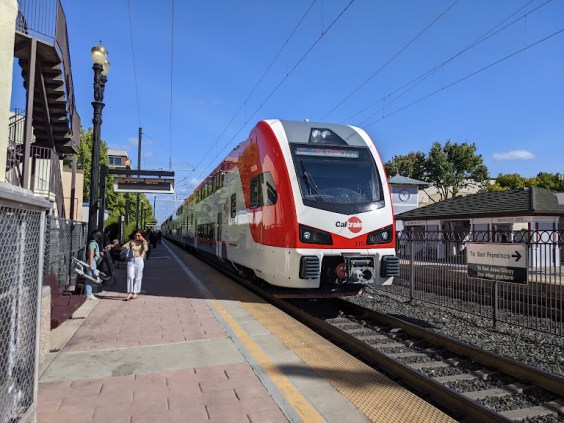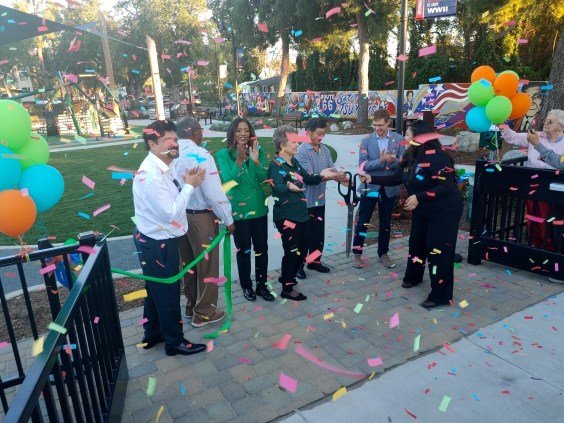In an acknowledgement that its 710 Freeway widening plan is not feasible, Metro now intends to approve a "no build" alternative, while the agency makes new plans for more equitable, multimodal 710 corridor projects.
For decades, Metro and Caltrans have pushed to widen the lower 710 Freeway. Early on Caltrans proposed to widening the 710 from 8 to 16 lanes - and early on community groups fought the agencies' plans because they would increase pollution in one of the most polluted corridors in the U.S., harming the health and well-being of predominantly low-income communities of color residing there. Metro and Caltrans pushed various versions of the widening, circulating draft widening plans (Environmental Impact Reports - EIRs) in 2012, 2013, and 2017. In 2018, the Metro board approved an EIR for a "locally preferred alternative" that would have cost $6-plus billion to tear down more than a hundred homes and businesses to widen the 710 by two more lanes.
Corridor communities, organized together as the Coalition for Environmental Health and Justice (CEHAJ), had long insisted on no displacement and unsurprisingly opposed Metro's approved alternative. In late 2020, the federal Environmental Protection Agency ruled that Metro's 710 widening alternative would violate clean air law. When the EPA decision was made public in May 2021, Caltrans soon paused the project, after which the Metro board suspended it, forming a (yet another) 710 Freeway task force to advise on what Metro is now calling a "multimodal investment strategy" for the corridor.
Metro's 710 task force met last night. Much of the meeting was dedicated to discussion of the task force's mission statement and goals (see pages 29-30 of Metro's presentation); there was also an update on how Metro and Caltrans plan to finalize the pending 2017 EIR.
Metro staff announced that next month the lower 710 Freeway EIR would come to the Metro for approval of the "no build" alternative.
Environmental studies always include a no build alternative as a sort of baseline to measure project impacts against - but it is pretty unusual for an agency to actually select the no build alternative. It's rare that agencies would spend millions of dollars studying the impacts of projects that they don't plan to build in some form or another. (Metro already spent more than $160 million on the current round of 710 Freeway studies and early projects.)
But why bother? Does the Metro board really need to approve not doing something?
Last night Metro and Caltrans staff couched the approval behind a lot of clichéd metaphors: close the door, close the chapter, close the book before opening a new book.
But their rationale seems to be more along the lines of getting back to building more freeway projects. Part of the 710 Freeway widening was its "early action program" (EAP), generally involving widening roads and ramps onto and off of the 710 Freeway. The Gateway Cities Council of Governments (GCCOG) had been greenlighting early steps toward many of these smaller widenings - but those EAP projects are languishing, waiting for blanket approval in the big 710 EIR.
Closing out the 710 EIR will allow for processes to get the smaller widening projects out of limbo.
Metro staff stated that they are currently preparing the final no build EIR, anticipated to be approved by the board in May. After that the document would have 30-day public review process, then Caltrans would issue a record of decision.
Correction: This story initially erroneously stated that Metro had spent $160 million on 710 Freeway environmental studies, but the $160+million (shown in Metro's FY22-23 preliminary budget) that Metro already spent on the 710 widening project includes the project EIR studies as well as preliminary projects - mostly road-widening in preparation for the freeway widening.






